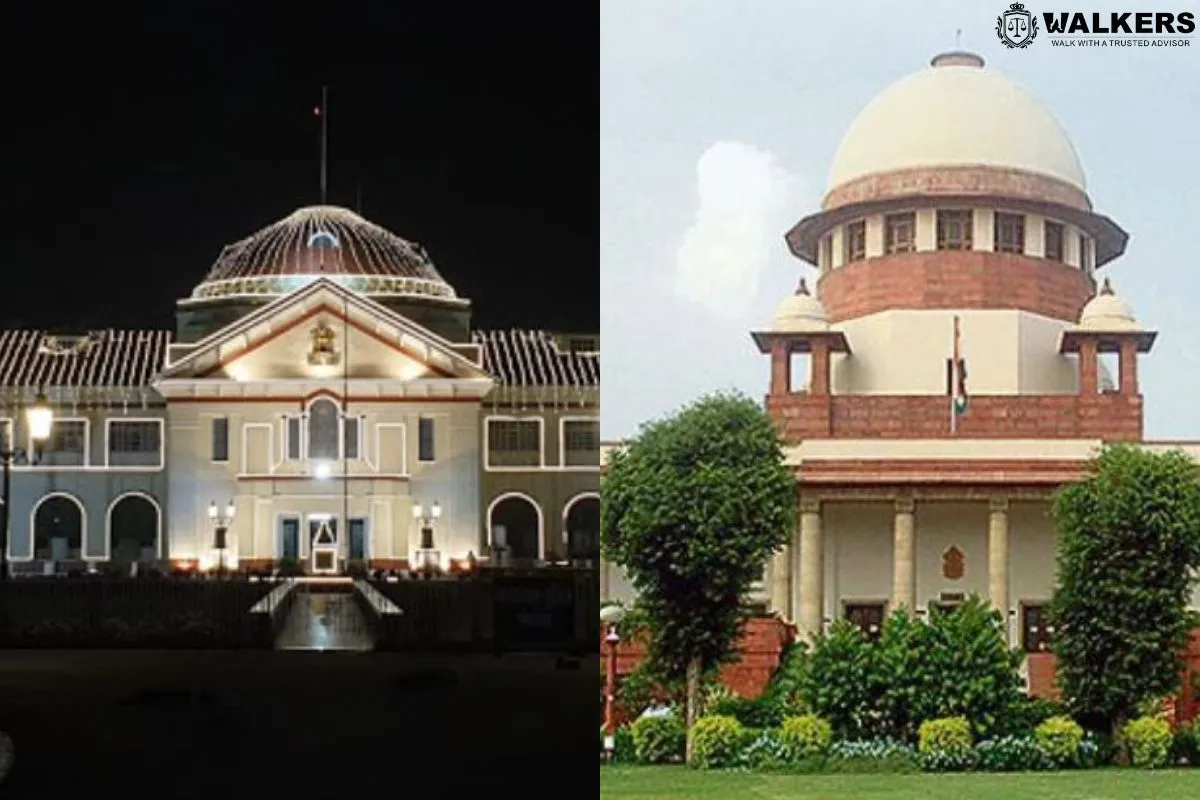


The Bihar government has approached the Supreme Court challenging the Patna High Court's order to stay the caste census in the state. The government argued that the High Court had wrongly examined the merits of the case at the interim stage and questioned the legislative competence of the State. The State had already completed more than 80% of the survey work in some districts, and a time gap to complete the survey would adversely affect the survey's accuracy. The High Court heard pleas challenging the ongoing caste survey in Bihar specifically on the directions of the Supreme Court. The Supreme Court had granted liberty to the petitioners to approach the Patna High Court. The petitioners then approached the High Court, which initially declined to decide on interim relief. The petitioners moved the Supreme Court in appeal, which then directed the High Court to dispose of the interim relief application expeditiously. Subsequently, by its order of May 4th, the High Court held that the survey is actually a census, which can only be carried out by the Central government. This led to the State's appeal before the top court.
Following a Patna High Court order, the Bihar government had to halt its ongoing caste census until July 3, as the court directed the state to stop further data collection and sharing of information with political parties. Subsequently, the Bihar government approached the Supreme Court to challenge the order. The government's appeal argued that the petitioners moved the High Court 10 months after the survey began and that the court erroneously accepted the contention that the survey was a census. The appeal submitted that collecting data at the village, block, district, or state level cannot be a census as defined under the Act. Moreover, stopping the survey at this stage would incur significant financial costs for the state.
TAGS: Bihar government Supreme Court Patna High Court caste census legislative competence survey work interim relief PIL petitions Central government data collection personal information MLAs financial costs data privacy judicial orders.